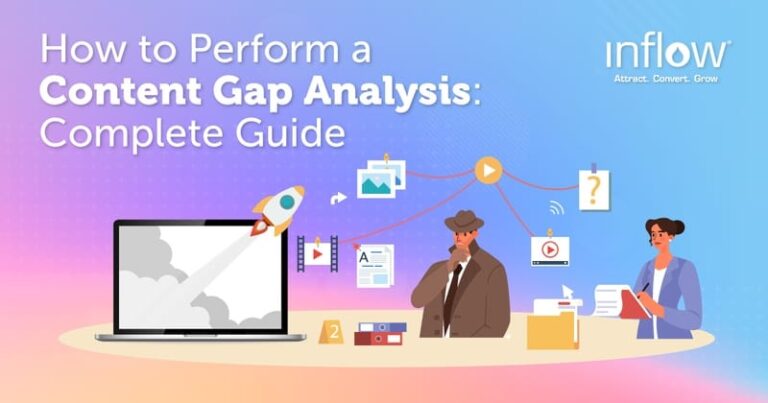Google updates are like buses, you wait ages and then several come at once. It certainly feels that way at the moment! Whether it is an intentional decision to throw people off the scent of what is actually impacting their website, or they are just another big organisation with a lack of communication between departments, it can be difficult to know what to do next.

I have delved into the nuts and bolts of each “bus” to see where it is going and what you can do to survive the journey.
There were two major Google algorithm updates in May 2014, the Google Panda 4.0 Update and the Google Spam Algorithm 2.0 Update. It would appear from ranking fluctuations in April that these were being tested before their official launch in May. For many pure-play eCommerce businesses the team at Google playing with their computer programme can have far-reaching consequences. So, let’s look at what happened and what you can do to ensure that any negative impacts that you may be seeing are as short-lived as possible and any positives are here to stay.
Google Panda Update 4.0

Google has said that it updates the Panda Algorithm on a monthly basis, however they felt that the 21st May Update was significant enough to both name it and announce it. So, what was so special about this update?
The Google Panda Update was launched internationally (for English language queries) in April 2011 with the intention of ensuring that high-quality content ranks highly in the search results. High quality content being defined by Google as “very satisfying, useful, or helpful for its purpose” such as:
- To sell a product
- To share information
- To post questions and answers
So, the Panda Update involved Google considering user engagement metrics when determining rankings, not solely relying on content and links.
Back in March 2014 Google’s Matt Cutts announced at Search Marketing Expo that a “softer Panda update” was coming, which would have a positive impact on smaller businesses. This is widely believed to have been the Panda Update 4.0 which has impacted approximately 7.5% of English language queries.
This is likely to have impacted you if…
You have a website! This was an international algorithm-wide update that should have positively impacted well optimised, high quality niche websites. Big corporations’ websites which were enjoying comfortable page 1 rankings across niche sectors are likely to have been negatively impacted within those sectors.
What you can do about it
High quality onsite content is very important here, that is what the Panda Update was originally all about. Whether you have seen a boost in rankings or not, high quality onsite content that is useful to your target user is essential for your long-term success.
Make sure that:
- Your meta data is optimised for relevant target keywords
- Your content includes calls to action
- Every page on your website enables the visitor to fulfil the purpose of the page
If you would like help identifying how your website can benefit from the Google Panda 4.0 Update then find out about our SEO service and get a free SEO analysis today.
Google Spam Algorithm 2.0
The Google Payday Loan/Spam Algorithm was updated around the 17th-18th May and has impacted approximately 0.2% of English language queries. The Spam Update was launched in June 2013 to specifically target sectors that are most prone to high-spamming and use of linkbuilding tactics which contravene Google’s quality guidelines. These sectors include payday loans, insurance and porn.

This is likely to have impacted you if…
Your website is in the payday loans, insurance, accident claims or pornographic sectors.
What you can do about it
Whilst this update is targeting specific niche sectors it is ultimately penalising sites which contravene Google’s quality guidelines. Therefore, the best course of action to ensure that your website is not negatively impacted by this refresh or future refreshes to the Payday Loan Algorithm is to ensure that your site and the way that you promote your site meets Google’s guidelines:
- Ensure that content is relevant, useful and engaging
- Ensure that the content is promoted in relevant places
- Ensure that any “black-hat” spammy techniques that may have previously been adopted are removed
Get a free SEO analysis today to help identify how your site can recover from this latest update.
Conclusion
These two big updates have caused a fair amount of excitement in the world of SEO, both in the build-up and the aftermath. But ultimately they reaffirm what any good website owner and every good SEO consultant should know, your website needs to comply with Google’s Quality Guidelines to survive the long-hall. Trying to take short-cuts to the top of the search results may seem like a good idea but the benefits will be short-lived.
Follow my contributions to the blog to find out more about the importance of great content for digital marketing, or sign up to the ThoughtShift Guest List, our monthly email, to keep up-to-date on all our blog posts, guides and events.






